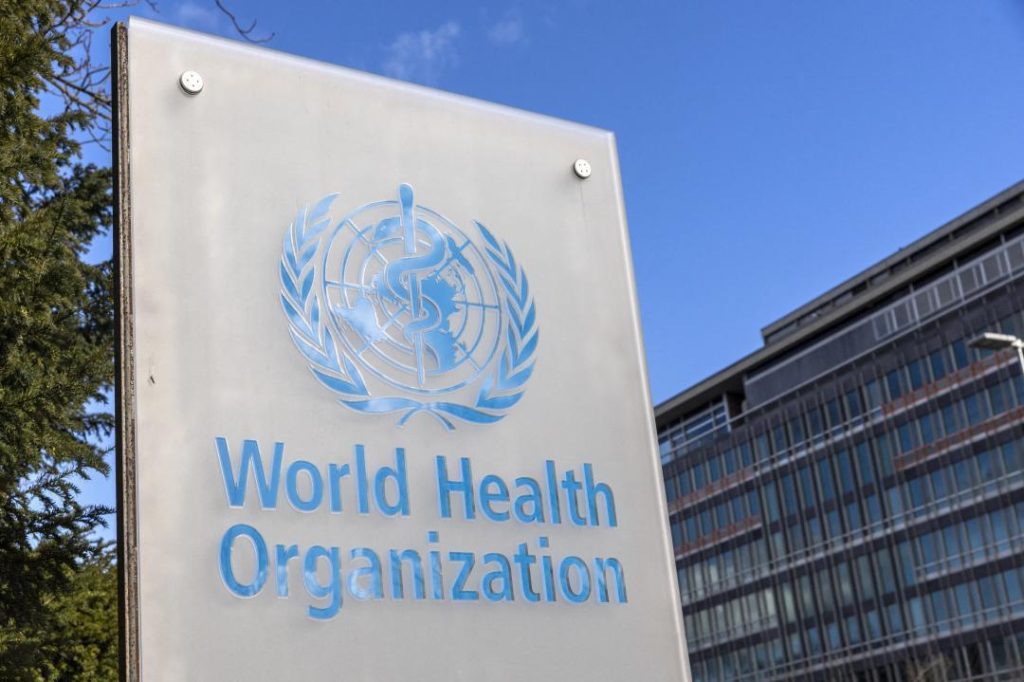
Title: The Inevitability of the Next Pandemic: WHO Warns of an Imminent Threat
In a stark warning, the World Health Organization (WHO) has sounded the alarm on the inevitability of the next pandemic. According to WHO Chief Dr. Tedros Adhanom Ghebreyesus, the next global health crisis is not a matter of if, but when. In a recent speech, Dr. Ghebreyesus emphasized that the next pandemic could strike at any moment, whether it’s tomorrow or in 20 years or more.
The WHO chief’s warning comes at a critical time, as the world is still reeling from the devastating impact of COVID-19. The pandemic has claimed millions of lives, disrupted economies, and tested the global healthcare system to its limits. However, Dr. Ghebreyesus is clear that the threat of pandemic is ongoing and that complacency is not an option.
“It could happen in 20 years or more, or it could happen tomorrow. But it will happen, and either way, we must be ready,” Dr. Ghebreyesus stated. This warning is not just a theoretical risk; it is an epidemiological certainty.
The WHO chief’s remarks are a stark reminder of the gravity of the situation. The organization has been working tirelessly to strengthen global health security, improve pandemic preparedness, and coordinate the global response to public health emergencies. However, Dr. Ghebreyesus is clear that more needs to be done to prepare for the next pandemic.
So, what are the factors that contribute to the inevitability of the next pandemic? According to Dr. Ghebreyesus, there are several factors that increase the risk of a pandemic:
- Global connectivity: The world is more interconnected than ever before, making it easier for diseases to spread rapidly across borders.
- Urbanization: As more people move to urban areas, the risk of disease transmission increases, particularly in densely populated cities.
- Climate change: Climate change is altering the distribution of diseases, making it more difficult to predict and prepare for outbreaks.
- Antimicrobial resistance: The overuse and misuse of antibiotics are driving the rise of antimicrobial resistance, making it more challenging to treat diseases.
- Lack of investment in global health security: Dr. Ghebreyesus emphasized that the lack of investment in global health security is a significant factor in the inevitability of the next pandemic.
The WHO chief’s warning is not just a call to action for governments and health organizations; it is a wake-up call for individuals as well. As Dr. Ghebreyesus noted, “We must all take responsibility for our own health and the health of those around us.”
So, what can we do to prepare for the next pandemic? Here are some steps we can take:
- Stay informed: Stay up-to-date with the latest public health information and follow credible sources such as the WHO and local health authorities.
- Practice good hygiene: Wash your hands regularly, cover your mouth and nose when coughing, and avoid close contact with people who are sick.
- Get vaccinated: Vaccines are one of the most effective ways to prevent the spread of diseases. Make sure you and your loved ones are up-to-date on all recommended vaccinations.
- Support global health security: Advocate for increased investment in global health security and support organizations that work to strengthen healthcare systems around the world.
- Be prepared: Have a plan in place in case of an emergency, including a supply of food, water, and medications.
The next pandemic could happen tomorrow or in 20 years or more, but it will happen. It is up to us to be prepared and take action to prevent the devastating impact of a global health crisis.






